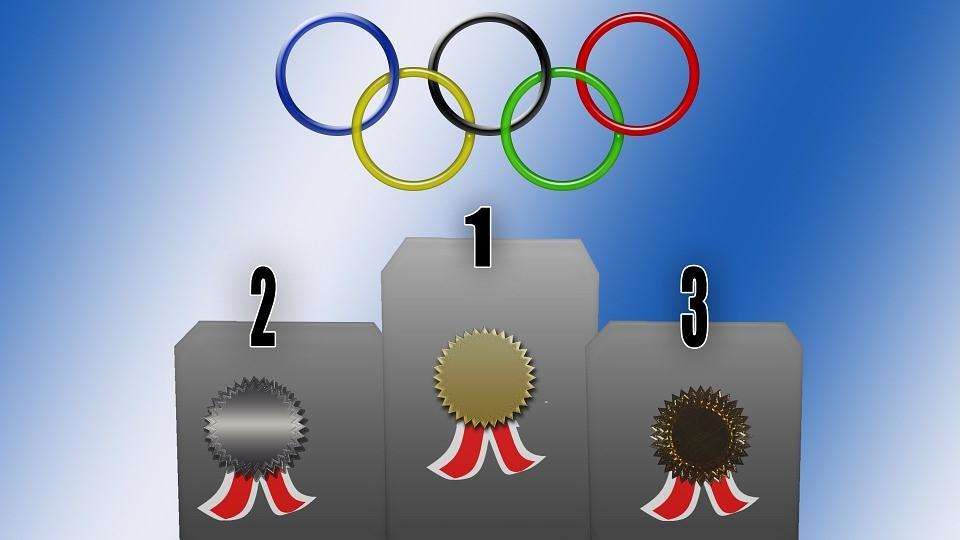Can Mathematics Predict Olympic Medal Counts?


Will the United States maintain its top spot or is China all set to take over the traditional heavy-weights in final medal tally? What makes a country perform better at the Olympics? Is it the country with a larger population that performs better or is it the per capita income that decides the final medals tally?
A report published in the British Journal of Sports Medicine explains the effects of hosting the event on the final medal tally with help of a mathematical formula. The formula indicates that the final medal count of the nation hosting the games will multiply by 2.05. This approach is known as Legit Regression.
What more does the report say?
The average medal count of Great Britain since World War II is 31. When it hosted the games in 2012, it bagged 65 medals. The formula predicts the medal tally for Great Britain to be at 2.05 x 31 = 63.55 which is unbelievably close to the actual number of medals it managed to receive.
The reason behind such an amazing surge is largely owed to the home advantage. The cheering home audience has a substantial positive impact on the performance of the sportsmen. However, interestingly, the home audience also impacts the decisions of the jury of the subjectively judged sports. On the other hand, the objectively judged sports have almost a negligible impact on the decisions of the jury.
The formula also indicates that the medal tally of the host nation would reduce by 1.4 in the absence of the home advantage the following year. Going by this hypothesis, the medal tally of Great Britain would be 43 i.e. multiplying 31 by 1.4. Interestingly, the final medal tally of Great Britain in Beijing 2008 was 47.
The wealth of the nation or the quantum of investment by a nation into developing sports and sportsmen makes substantial difference to its performance in Olympic Games. However, the presence of a supporting audience takes it to a completely different level.
Another interesting fact is that the number of internet users in countries correlates with the relative performance of these countries at the Olympics. This thought may sound like an attempt to twist the facts to suit the theories. However, another way of looking at it is if a country has a huge number of people with enough free-time to engage in non-subsistence related activities like surfing the internet, it will have people who would have time and resources to indulge in sports too.
Among other factors impacting the final medal count of a nation, Strategic Focus is crucial. It is interesting that eighty percent of the medals could be won by participating in only thirteen sports. Focusing on athletics, swimming or gymnastics can win a participating nation more medals than golf, tennis or football.
The GDP of a nation clearly has an impact on a nation’s performance at Olympics. Take a look at the GDP rankings of countries and the Olympics final medal tally; you will observe a striking correlation except a few anomalies such as the cricket-crazy India, which despite its relatively high GDP numbers performs poorly in Olympics.
.jpg)
